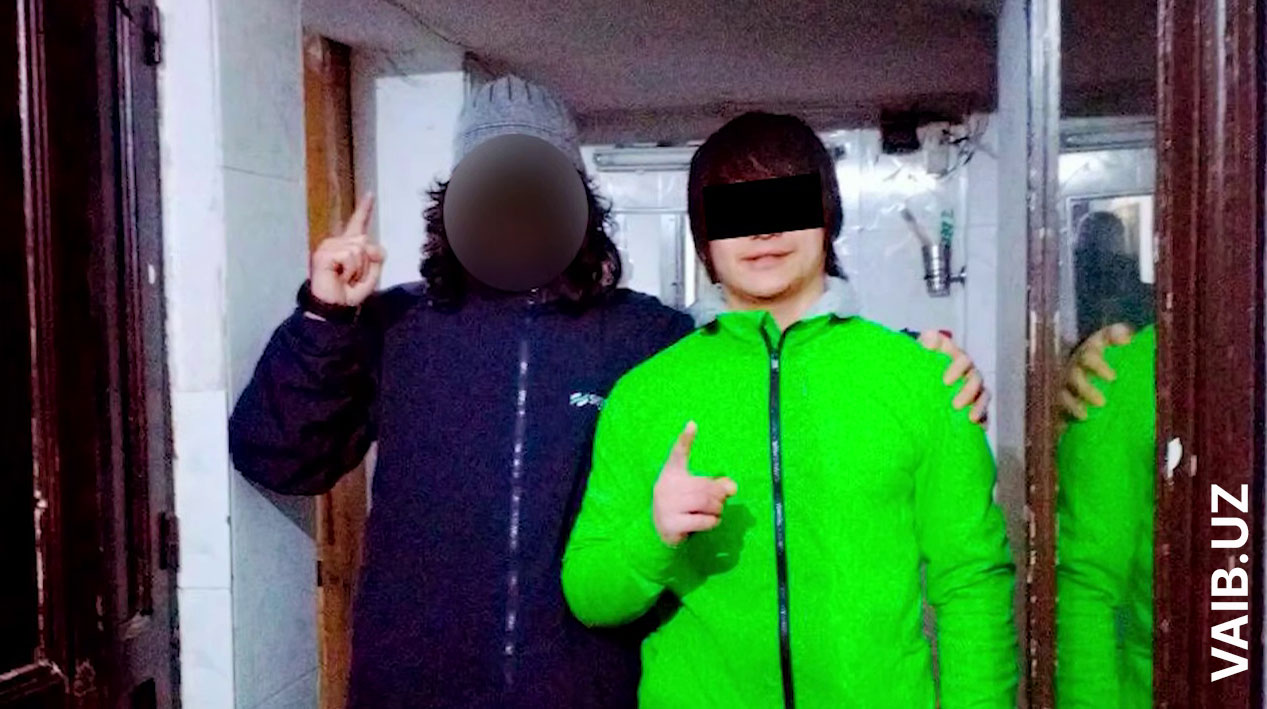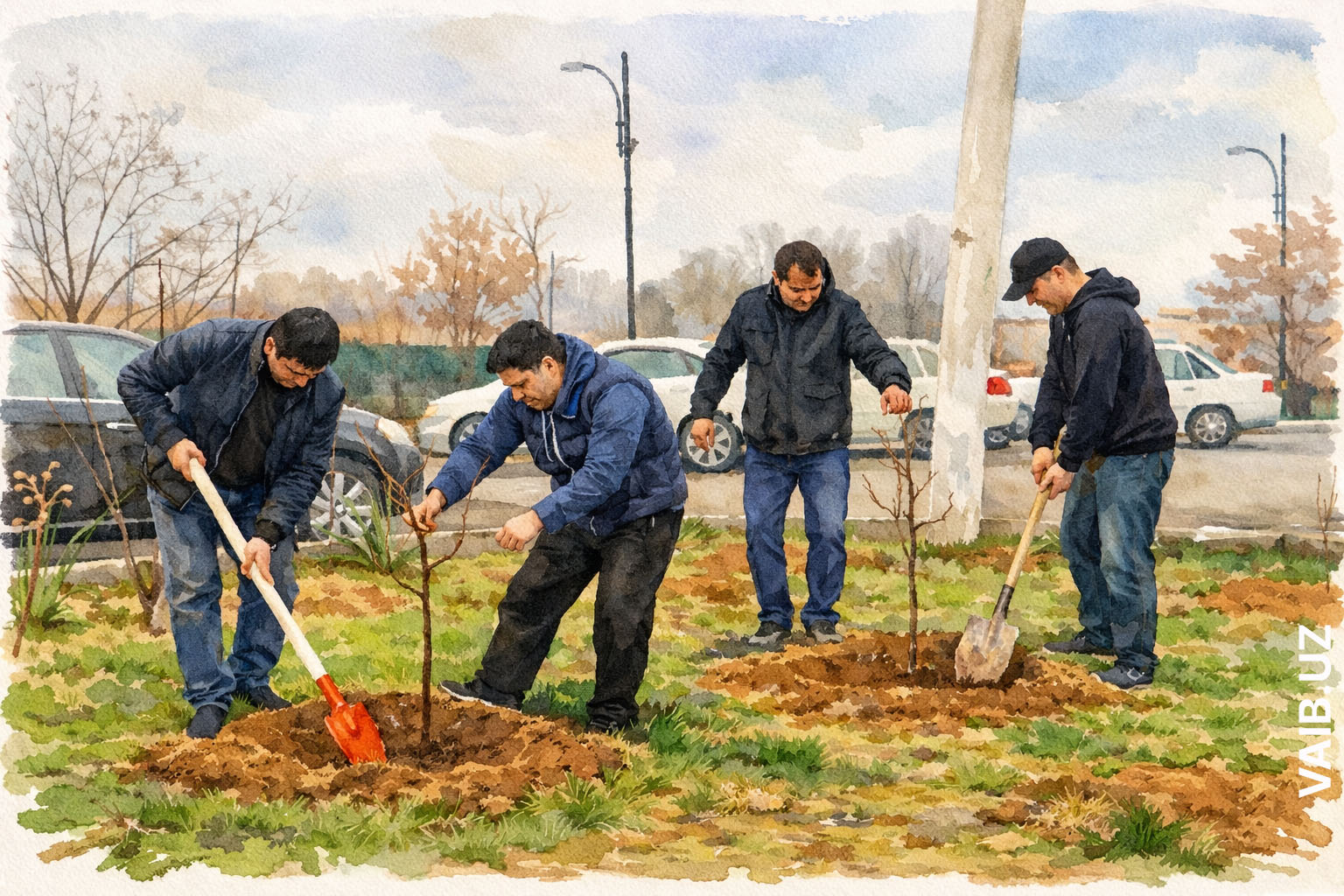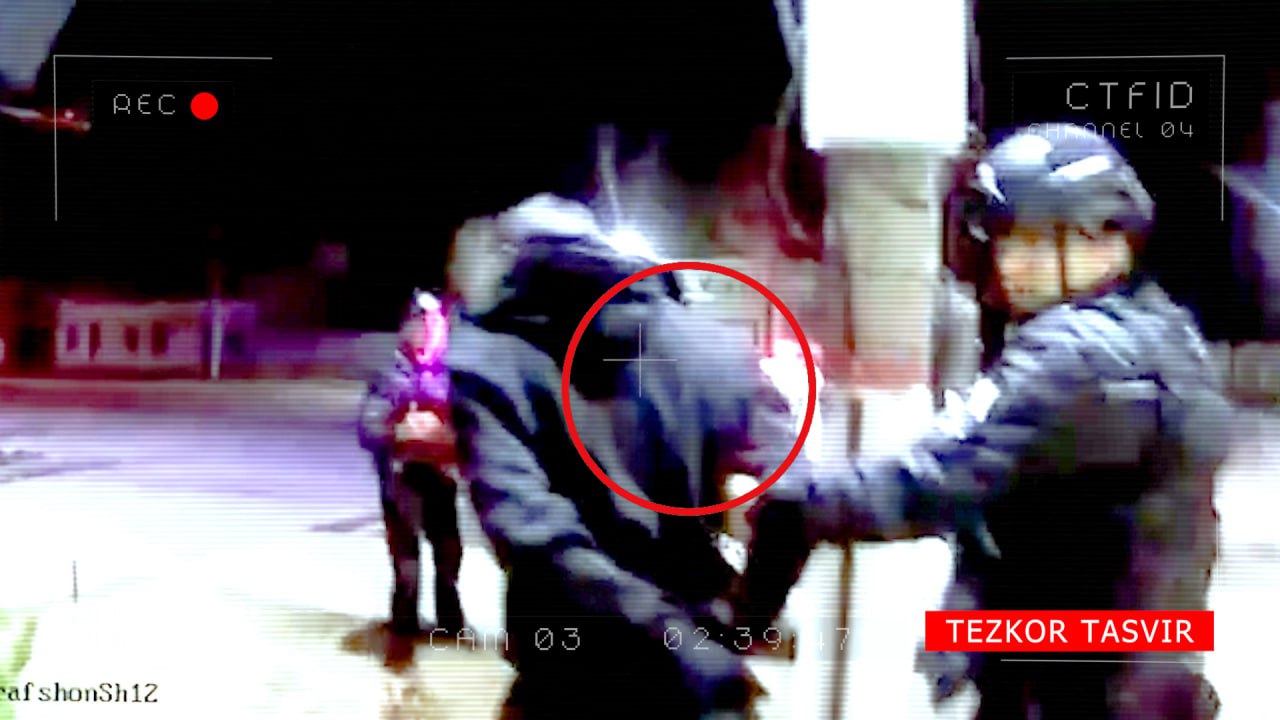Помните двух живодеров, которые насильно кормили черепаху насваем? Карма их нашла. Они извинились перед узбекистанцами за совершенный поступок, отметив, что больше так не будут. Верим?
В социальных сетях на днях распространилось видео, в котором два гражданина силой заставили среднеазиатскую черепаху есть насвай. Этот вопиющий случай вызвал бурю негодования среди пользователей. Сегодня стало известно, что виновники инцидента извинились перед народом Узбекистана, заверив, что подобного больше не повторится.
Сотрудники Управления экологии, охраны окружающей среды и изменения климата Сурхандарьинской области совместно с областным УВД и Национальной гвардией провели расследование. Было установлено, что инцидент произошел в начале апреля этого года в махалле «Янгикуч» Денауского района. Виновниками оказались двое местных жителей.
В ходе беседы с сотрудниками правоохранительных органов, один из них признался, что поймал черепаху в своей махалле и заставил ее есть насвай для того, чтобы заработать побольше хайпа и лайков в соцсетях.
На обоих граждан был наложен административный штраф в размере 3 базовых расчетных величин (чуть больше 1 миллиона сумов).
Министерство экологии еще раз напомнило, что жестокое обращение с животными строго запрещено и влечет за собой суровую ответственность согласно закону. Оно также призвало граждан сообщать о любых случаях жестокого обращения с животными.
После огласки инцидента и наложения штрафа, мужчины публично извинились перед народом Узбекистана. Они признали свою вину и пообещали больше никогда не причинять вред животным. Несмотря на их извинения, многие пользователи социальных сетей остаются настроенными скептически и требуют более строгих мер против живодеров.
Жестокое обращение с животными недопустимо и должно быть сурово наказано. Надеемся, что этот случай станет уроком для всех и поможет предотвратить подобные инциденты в будущем.













